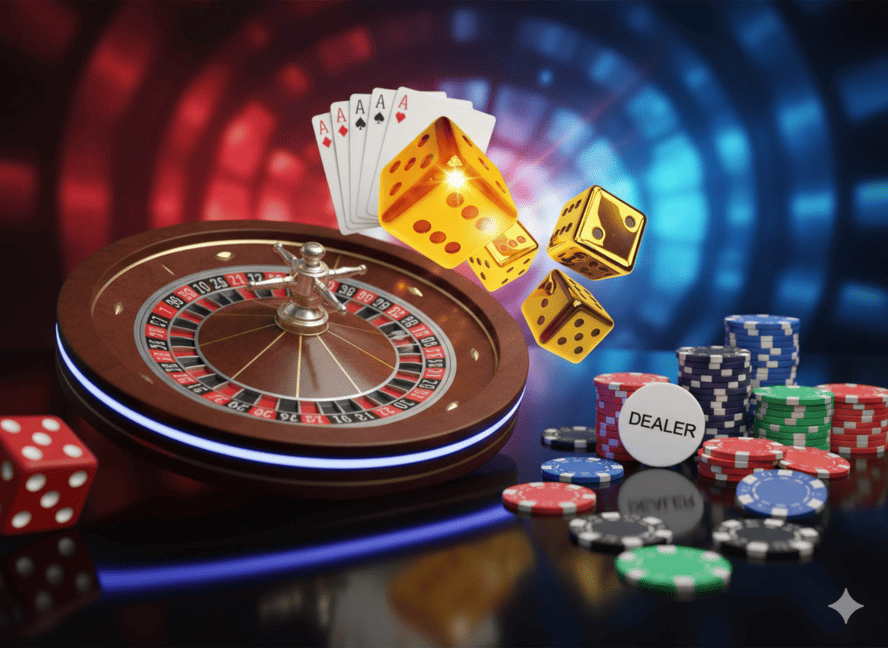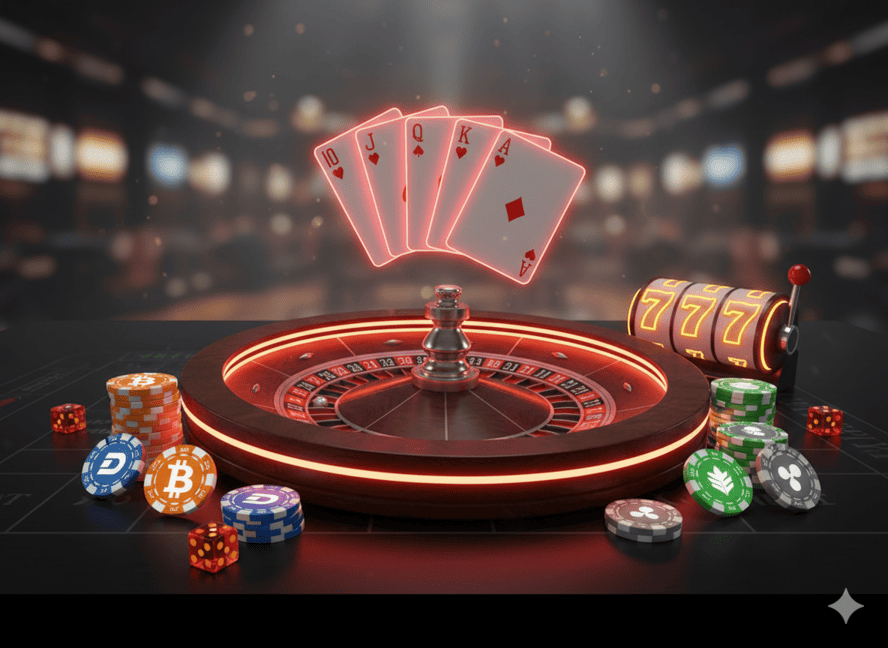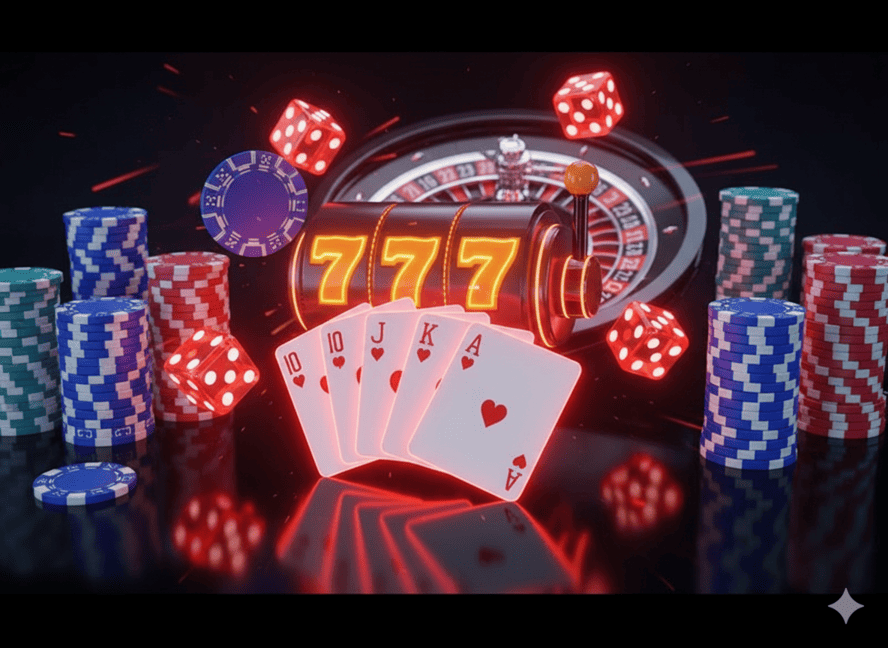As someone deeply embedded in the online casino industry, I am frequently asked whether a casino career can be considered a legitimate professional path in 2026. Popular culture often glamorizes high-stakes gambling, poker tournaments, and online betting streams, portraying them as lucrative and free-spirited ways to make a living. However, the reality of pursuing casino play as a sustainable career is layered with nuance, combining elements of skill, psychological resilience, financial acumen, and strategic lifestyle management. While the allure of a career in casinos is undeniable, it demands meticulous preparation, discipline, and an understanding of both probability and human behavior.
A legitimate casino career is more than simply placing bets; it involves mastering games, developing strategies, managing risk, and navigating both regulatory and social landscapes. It requires reconciling the unpredictability of chance with the structure of professional life and understanding the evolving technological and digital dimensions of gambling.


